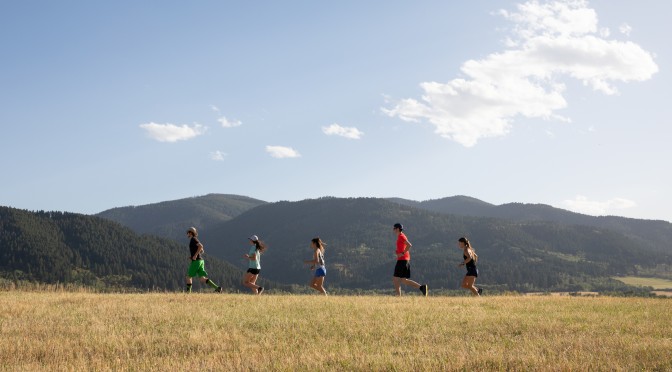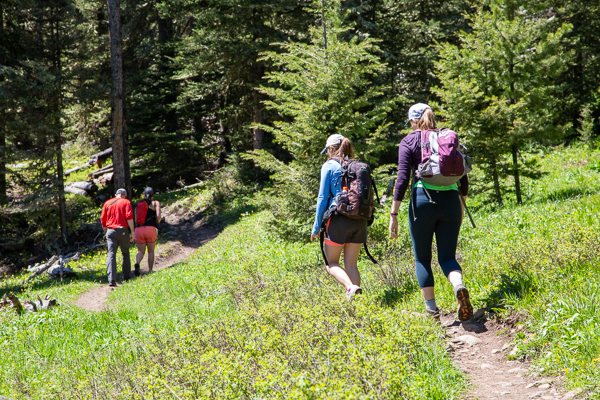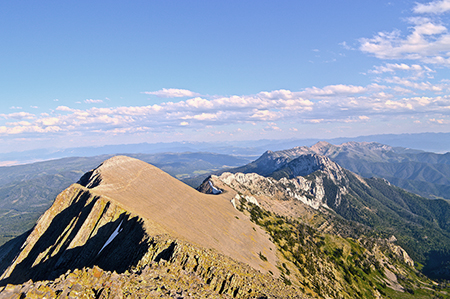By Wangmo Tenzing
Running through the pain.
Like every other newcomer to Bozeman, I knew that things would be different—from the people and the atmosphere to college life and small-town culture. One thing I didn’t anticipate, however, was how the higher elevation would affect me. I grew up at sea level, and the 4,800-foot altitude change hit me the minute I stepped off the plane. Little did I know that this was just the beginning.
Breathing was worst when exercising—especially aerobic exercises. Since Bozeman’s air is thinner, my lungs needed to work harder to perform. Gradually, however, my stamina grew so that I wasn’t gasping for breath every five minutes. With that behind me, I assumed I had completed the brunt of the work. I was wrong.
After spring semester, I left Bozeman for two months and upon returning, I was back to square one. I huffed and puffed—not the way Bozemanites do at Thanksgiving—and everything hurt when I exerted myself. When I ran, my speed plummeted to turtle-like 12-minute miles.
While daunting, this challenge had to be overcome—while in Bozeman, I planned to accomplish everything I could to the best of my ability. And after much effort, pain, and sobbing in the corner of my room, I finally have.
So here’s what I learned. If you’re like me, these tips should help you accelerate your acclimation to Bozeman’s higher elevation.
1. Start small. Don’t expect yourself to perform the way you did at sea level. Pushing yourself too hard can slow your progress. Your body will take longer to recover, compromising your progress.
2. Try breathing exercises. By developing a larger lung capacity, you’ll be able to take in more oxygen each time you breathe and therefore, you can exert yourself more.
3. Stay hydrated. Your body loses fluids faster at higher altitudes, so drink water or something with electrolytes. You might have to pee all the time, but that’s better than a headache.
4. Cross-train. Swim, bike, climb, hike, etc. This will increase your lung capacity, making other activities easier.
5. Enjoy the pain. No, I’m not advocating masochism; just appreciate the pain you put yourself through for the things you love. Doesn’t it make you a little proud that you were able to grunt through the suffering and reap the rewards?
All in all, the most important thing is to enjoy whatever activity you’re doing, even if you can’t breathe while doing it—eventually, your lungs will adapt. That being said, make sure to take care of your body along the way, so that you can continue to enjoy your chosen outdoor sports. Regardless, be sure to get out there and explore some of Bozeman’s landscapes. You can always sob later.



